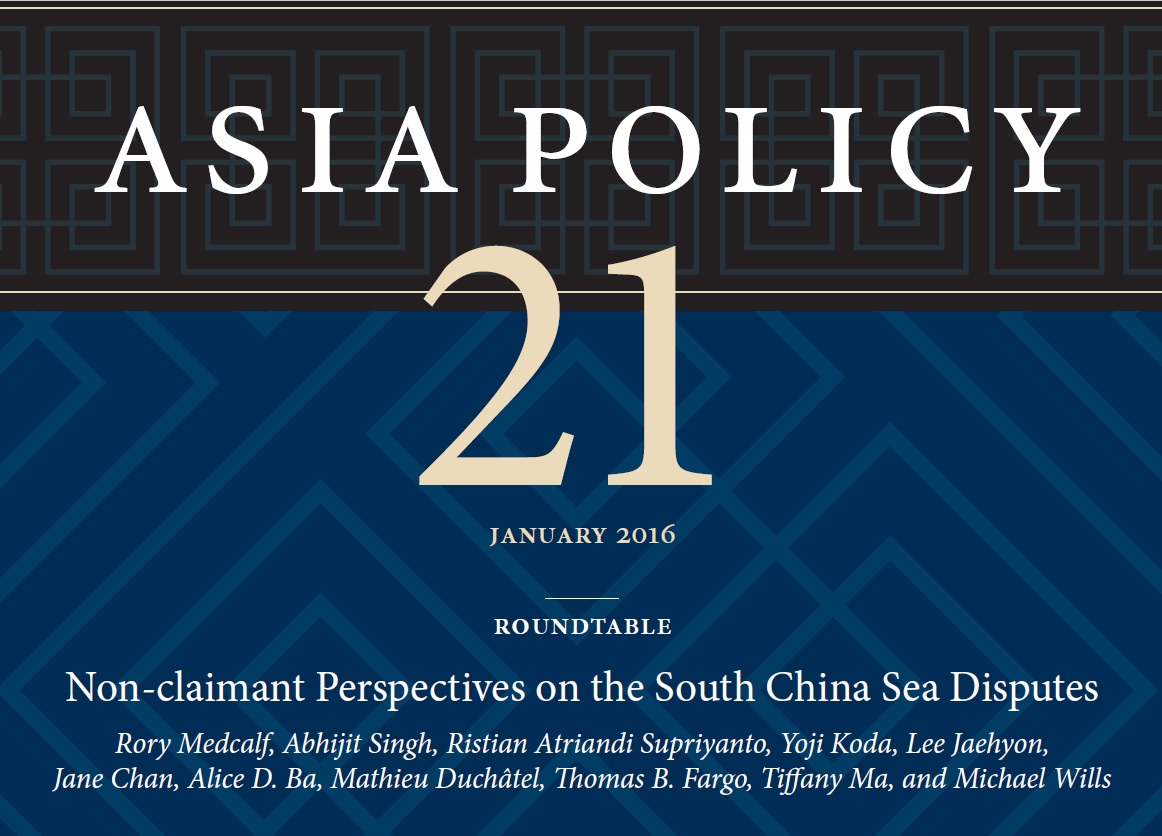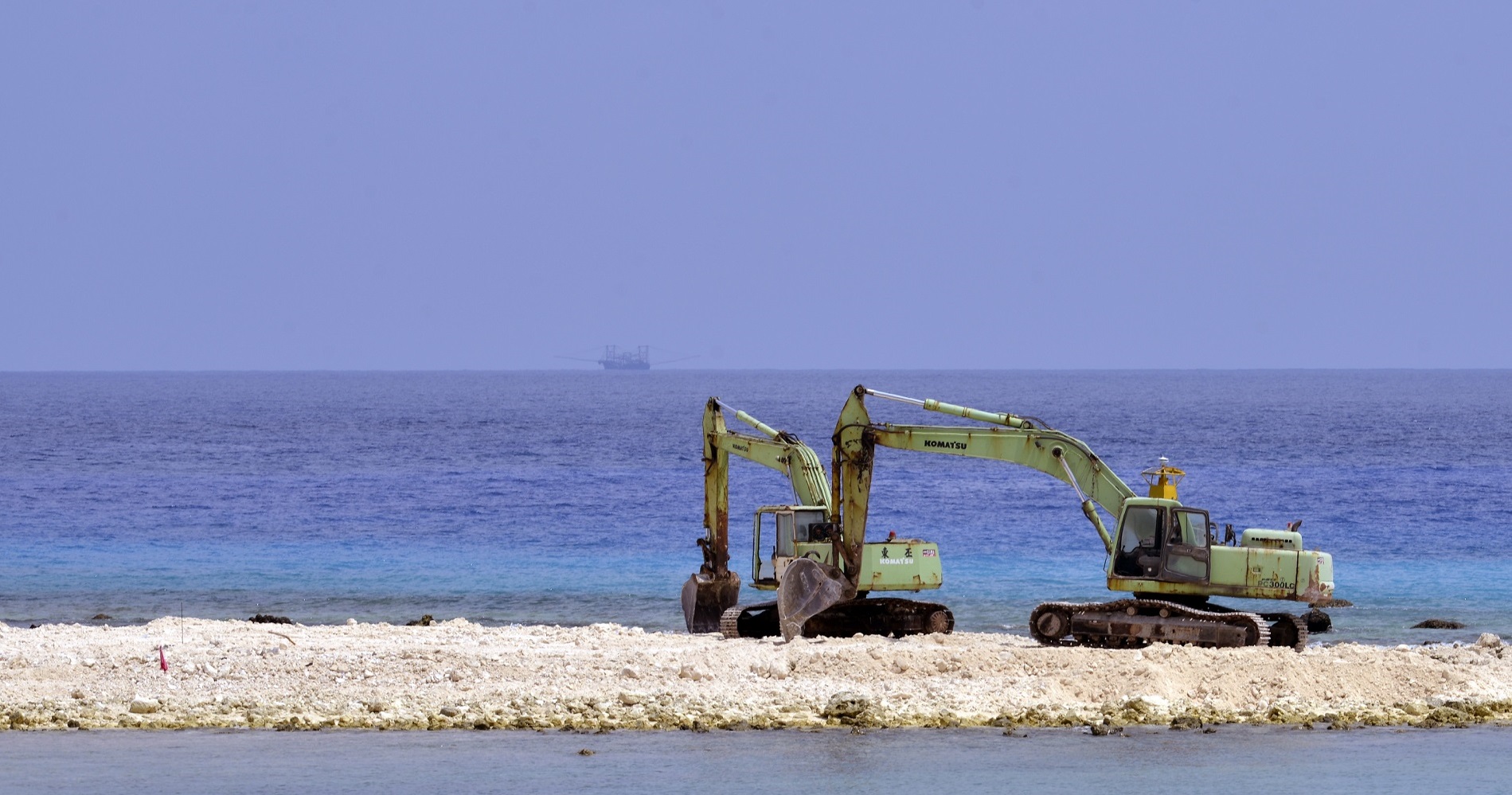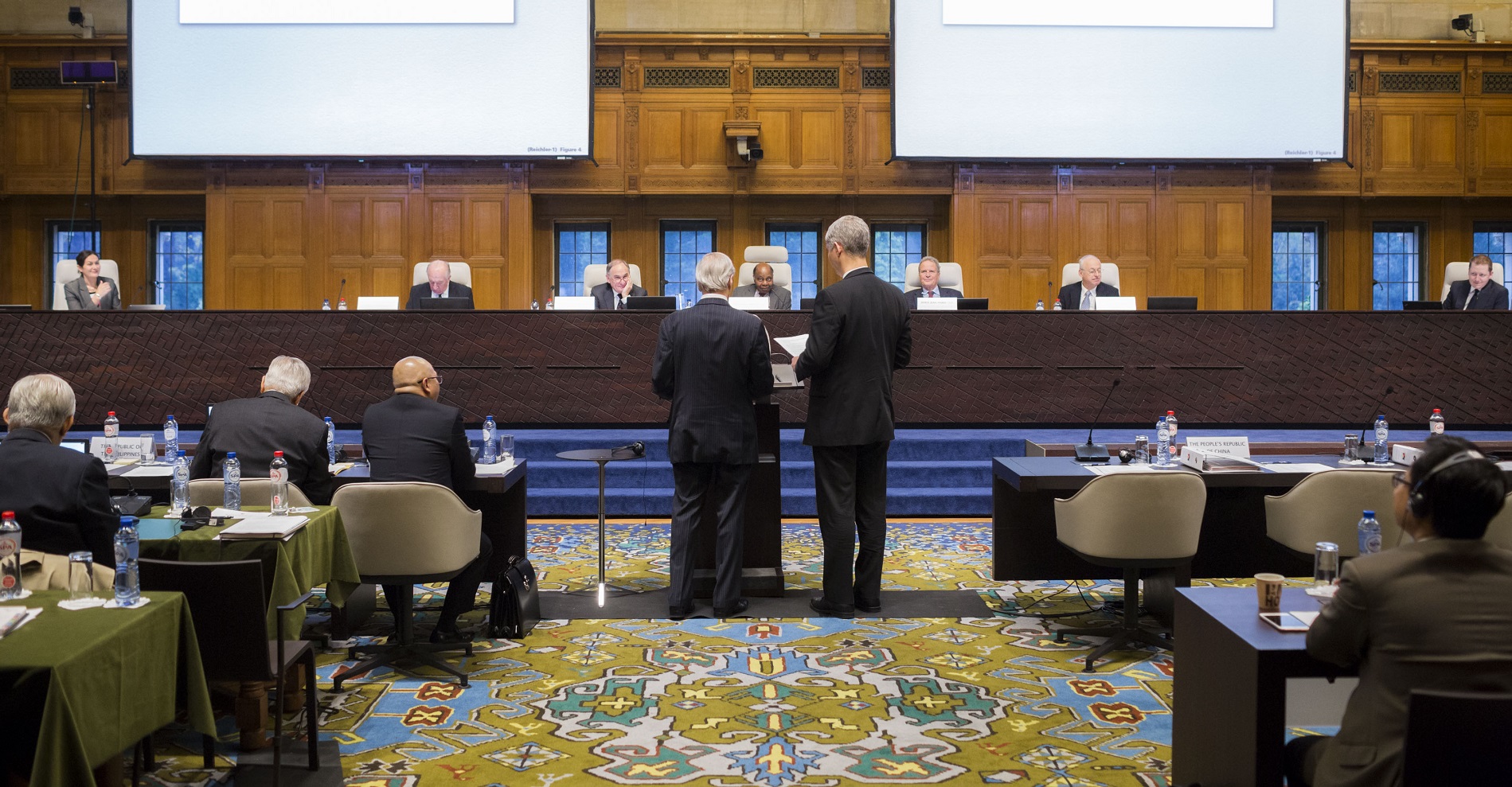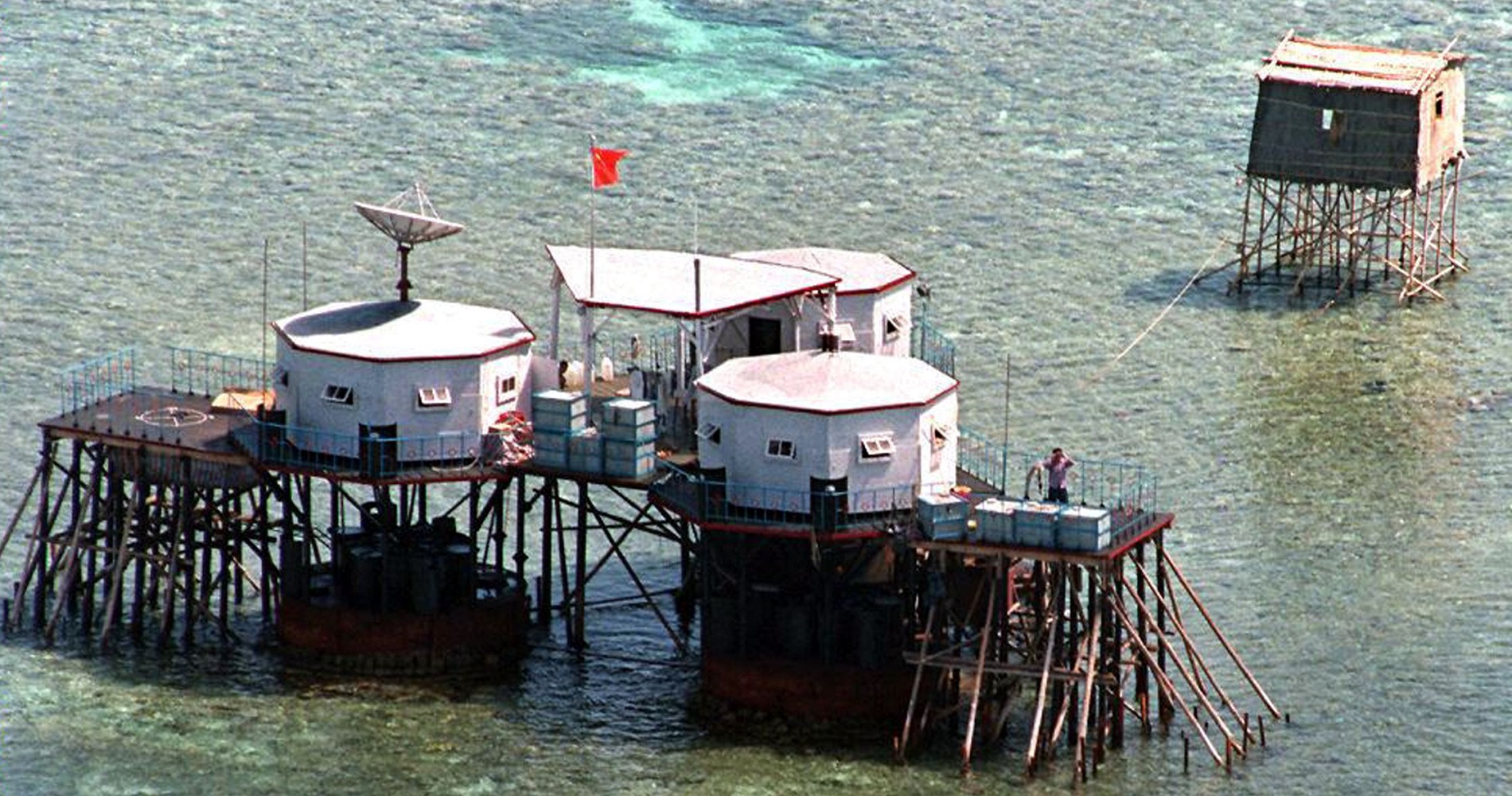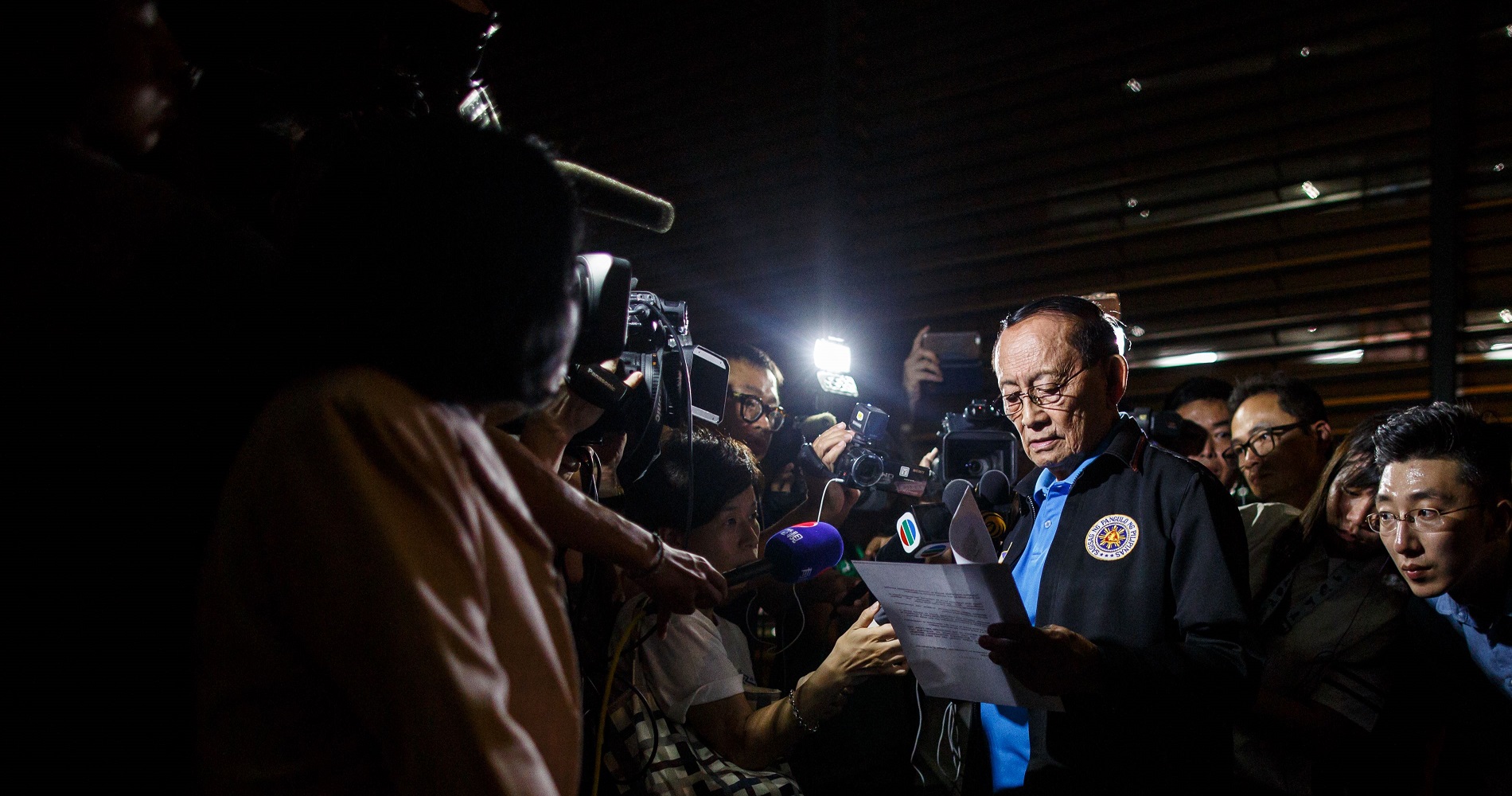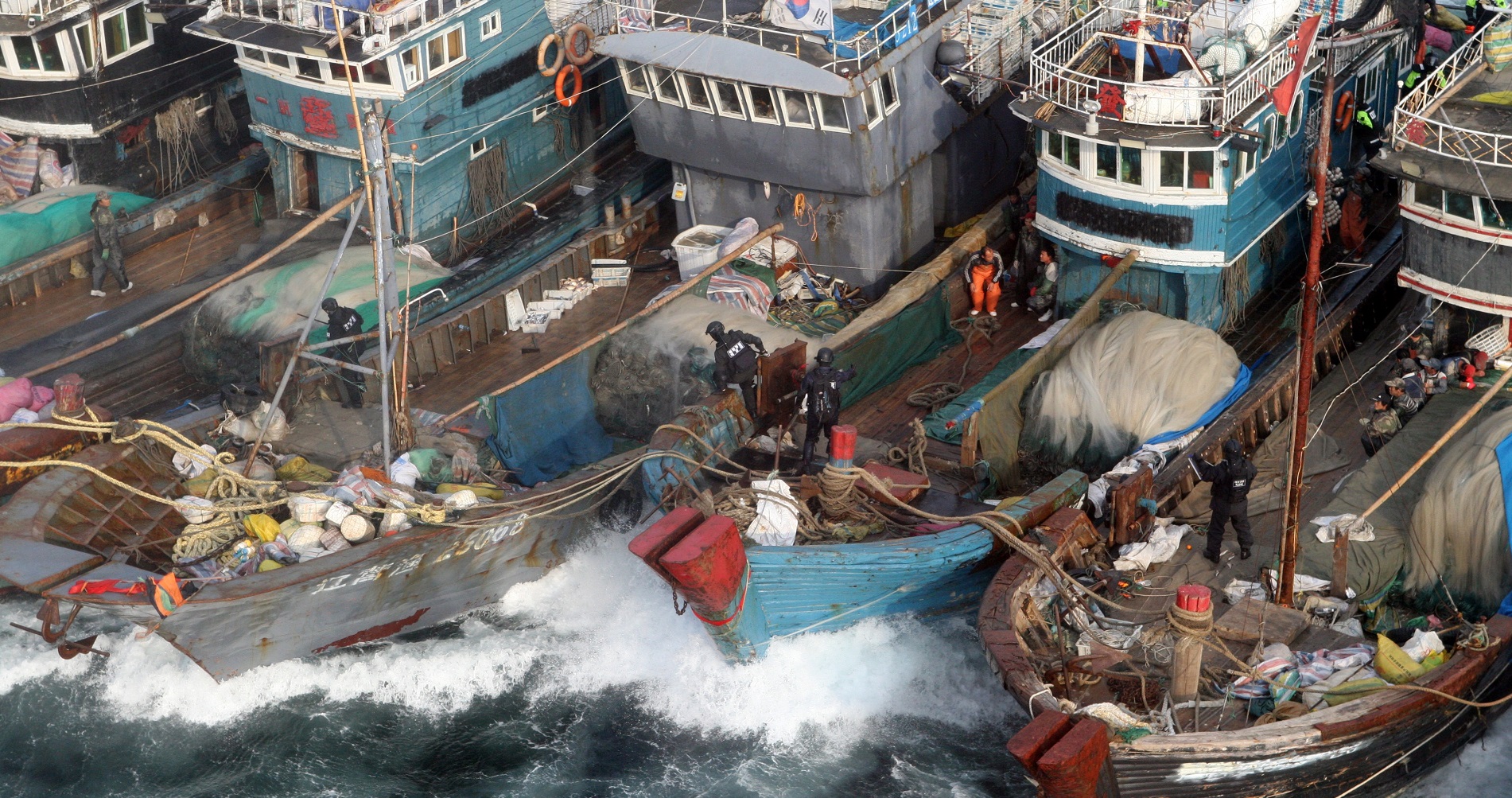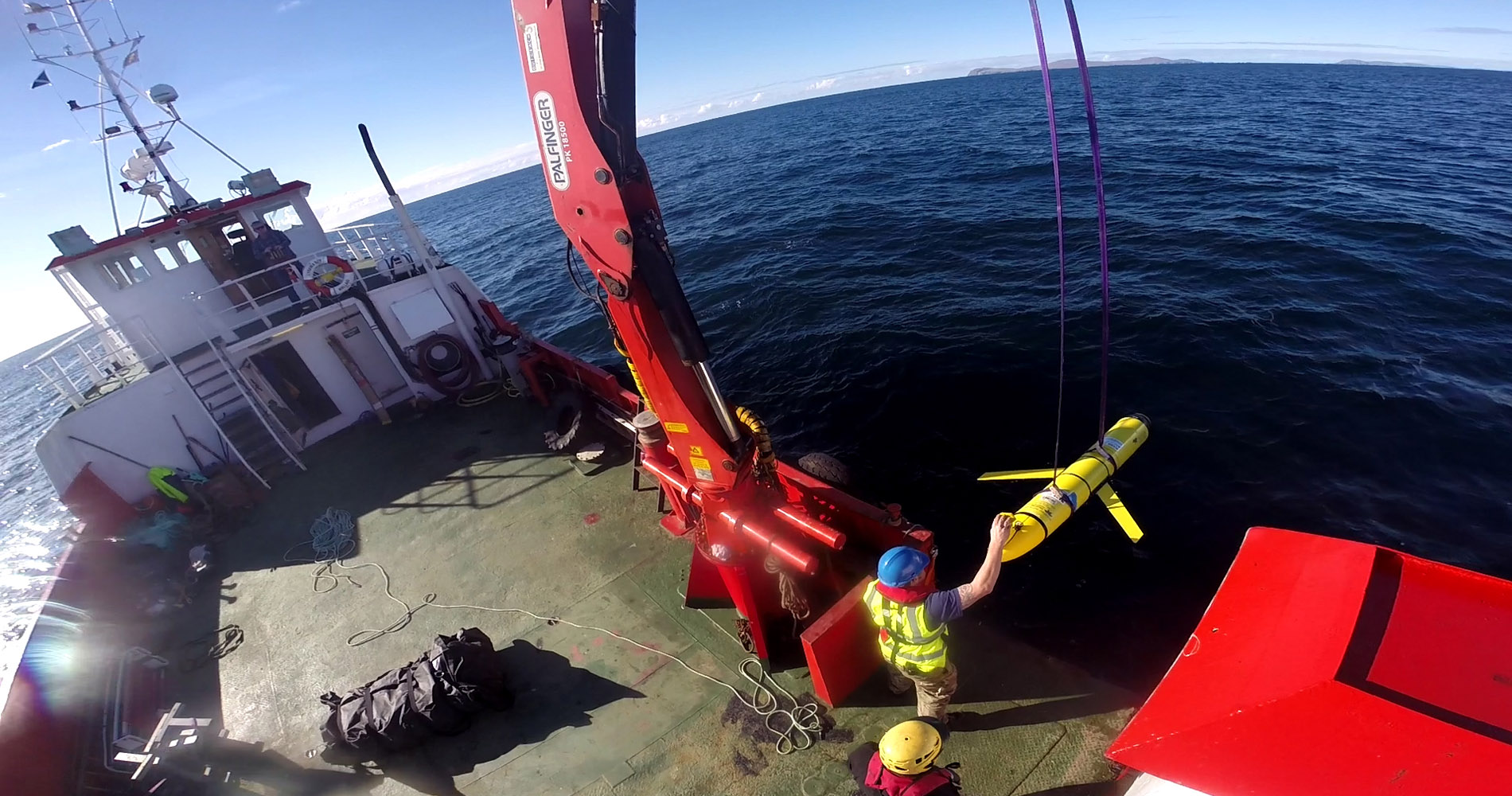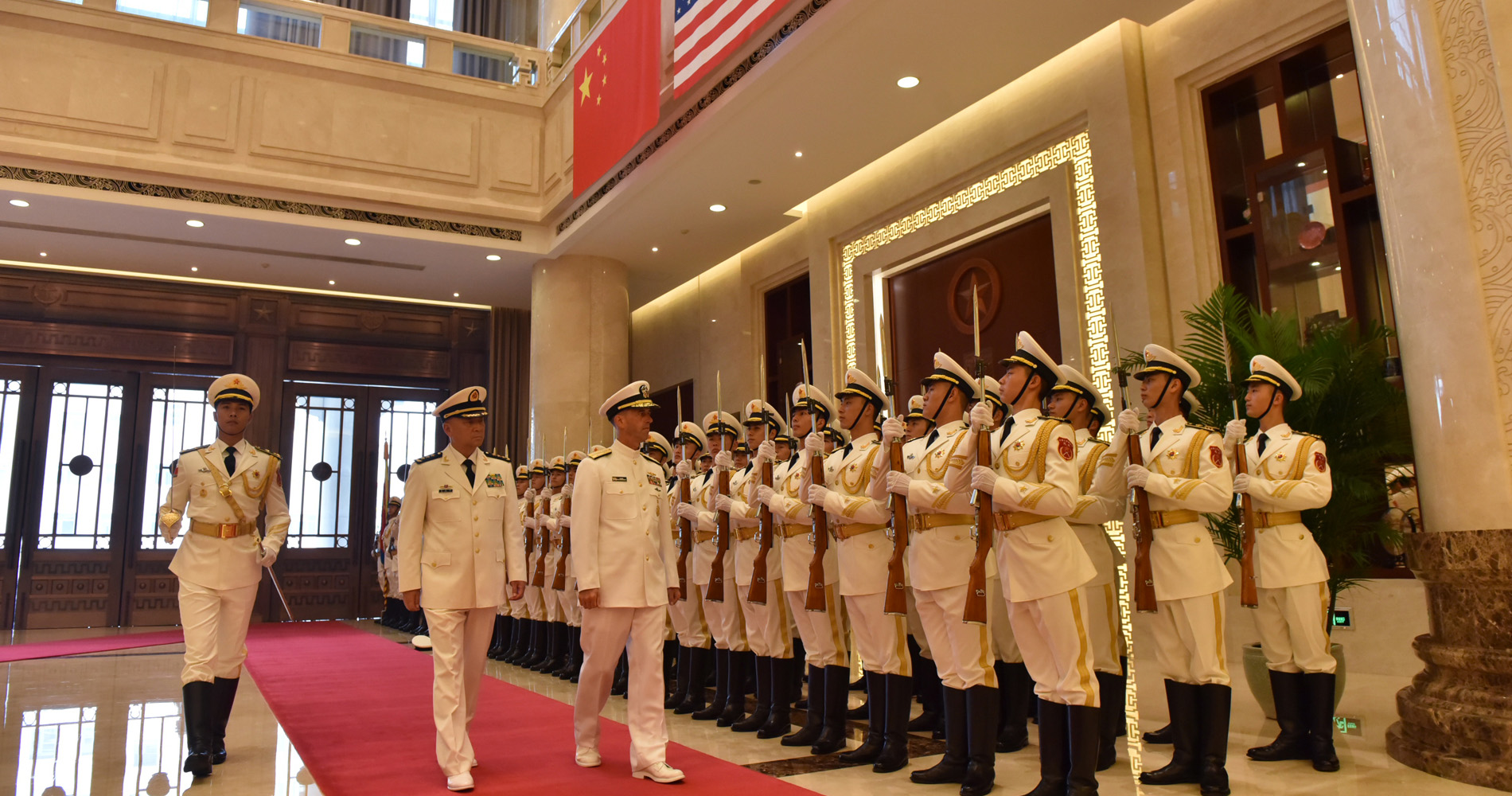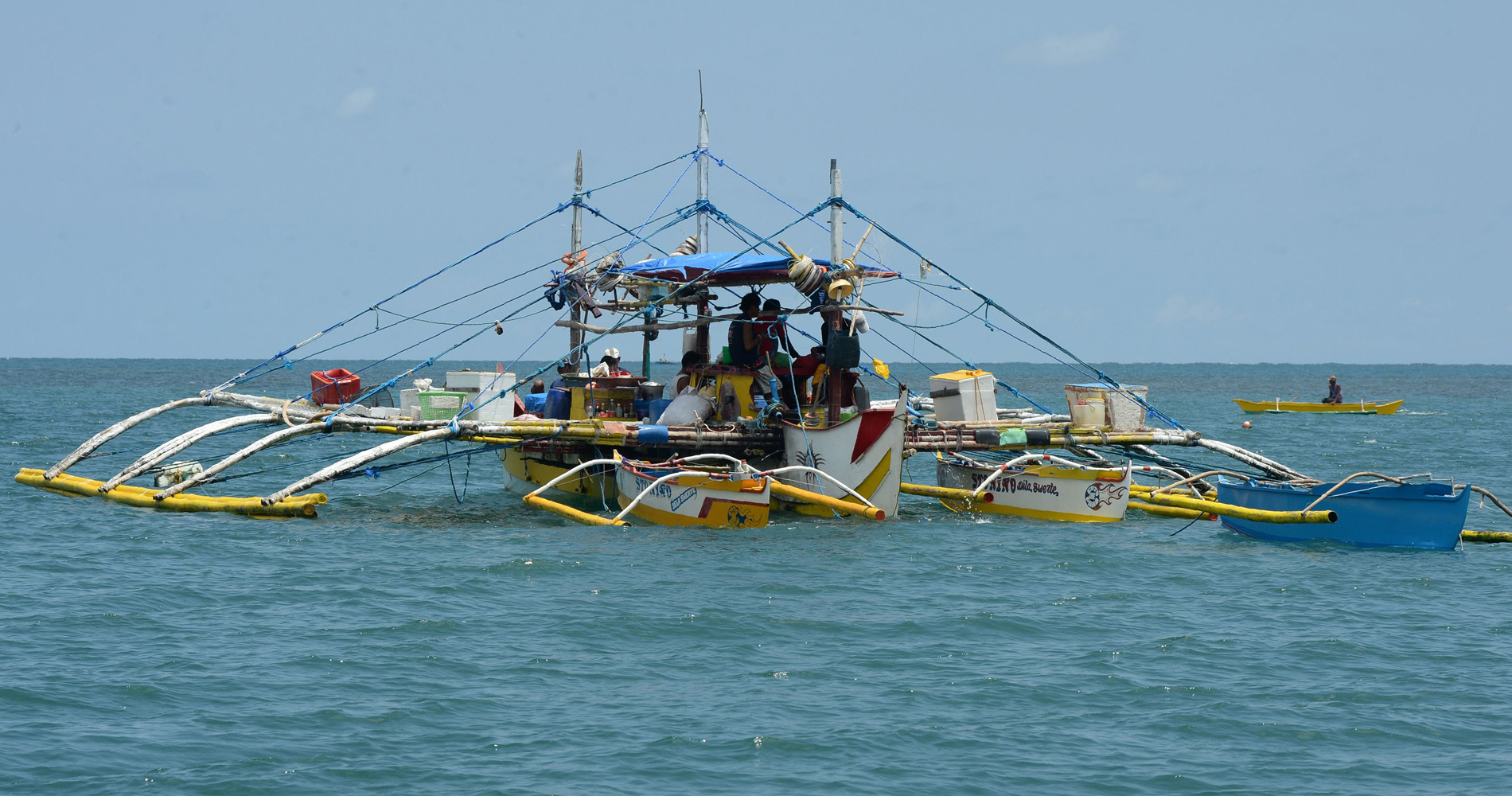Non-claimant Perspectives on the South China Sea Disputes
The January 2016 issue of Asia Policy, a peer-reviewed and policy-relevant academic journal published by The National Bureau of Asian Research, features a roundtable on non-claimant states’ perspectives and interests in the South China Sea disputes. Non-claimant Perspectives on the South China Sea Disputes Tiffany Ma, Michael Wills, Rory Medcalf, Abhijit Singh, Ristian Atriandi Supriyanto, Yoji Koda, Lee Jaehyon, Jane Chan, Alice D. Ba, Mathieu Duchâtel, and Thomas B. Fargo Raising the Stakes: The Interests of Non-claimant States in the South China Sea Disputes Tiffany Ma and Michael Wills Rules, Balance, and Lifelines: An Australian Perspective on the South China Sea Rory… Read More »Non-claimant Perspectives on the South China Sea Disputes
